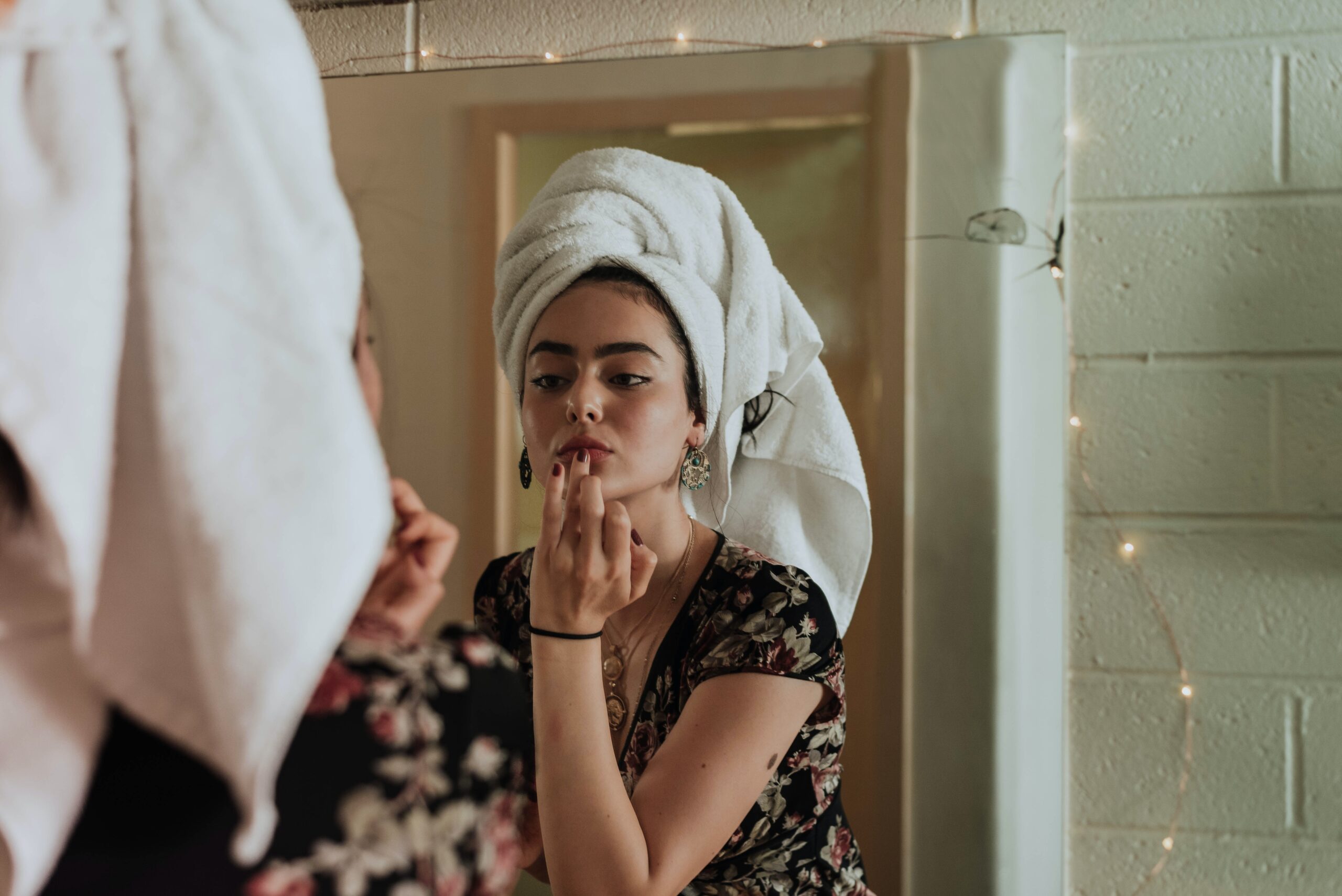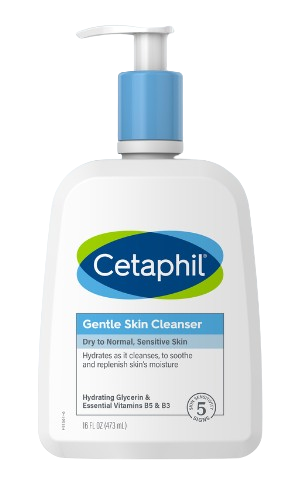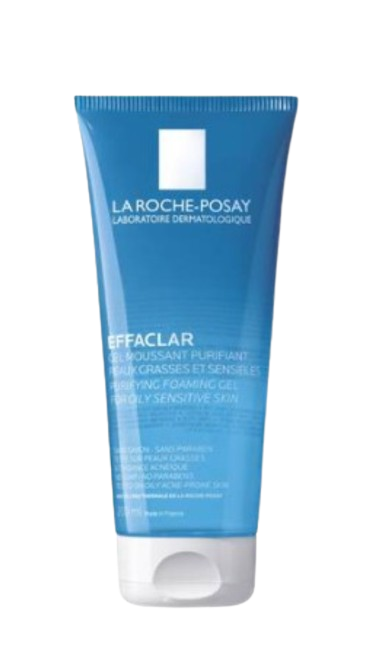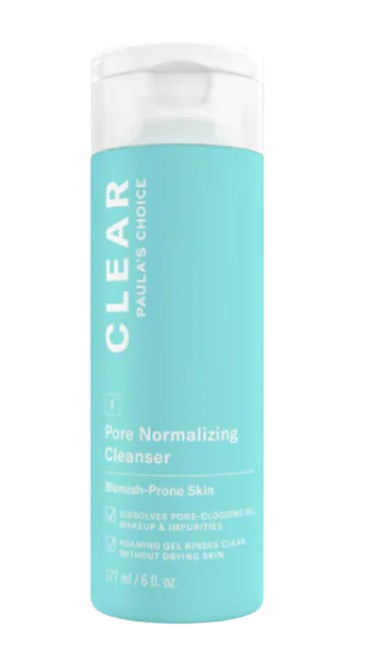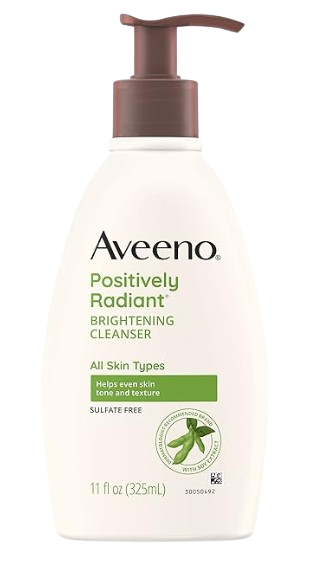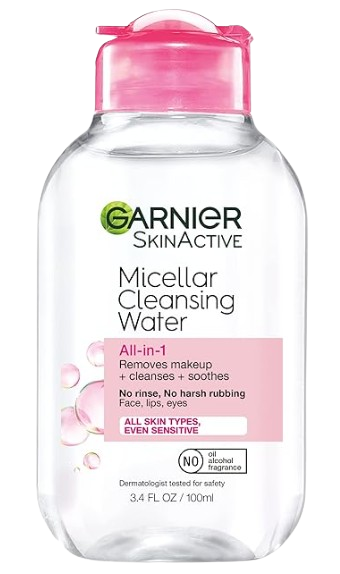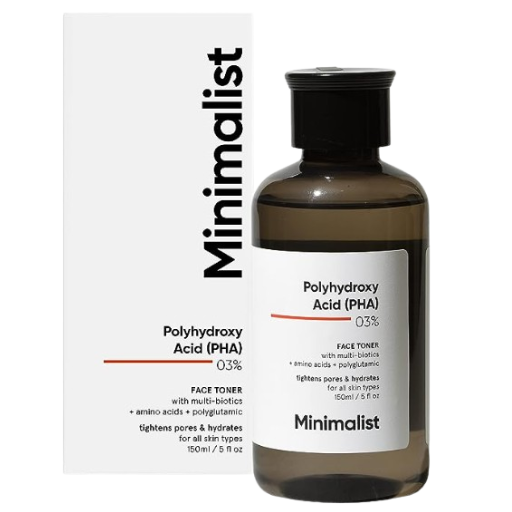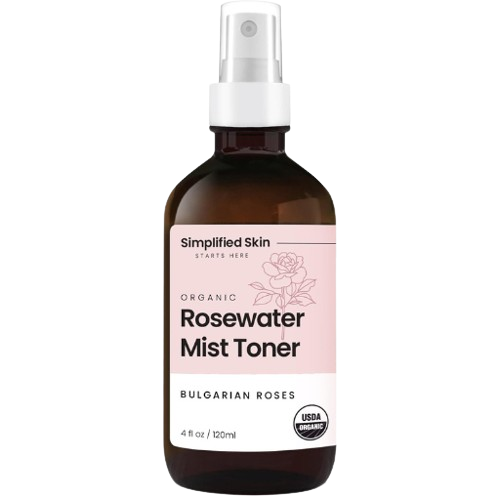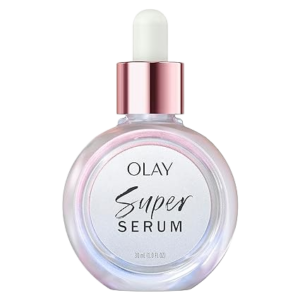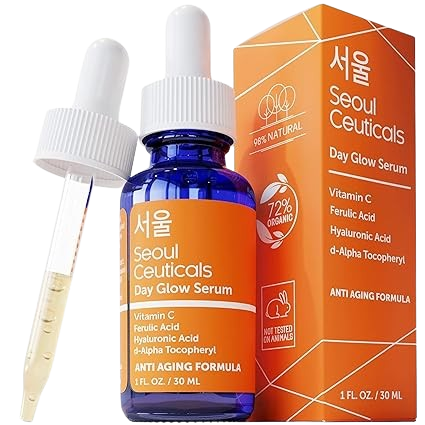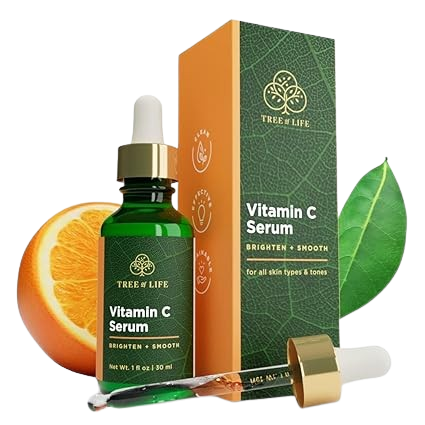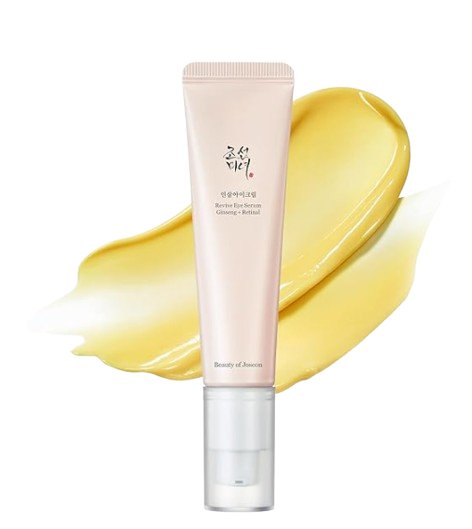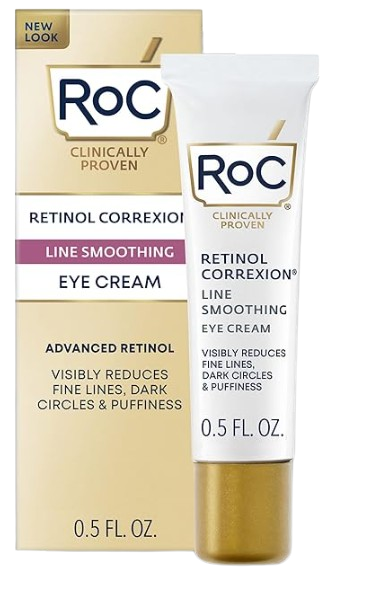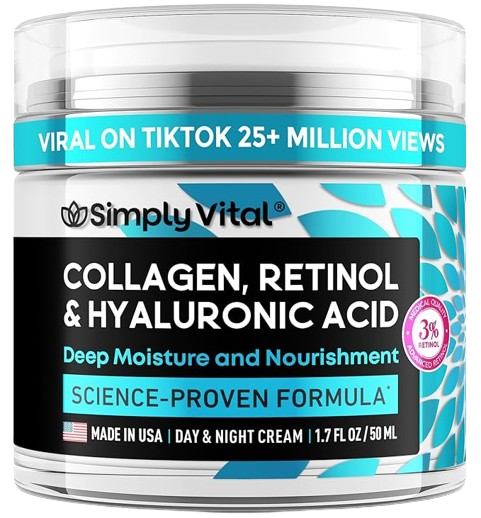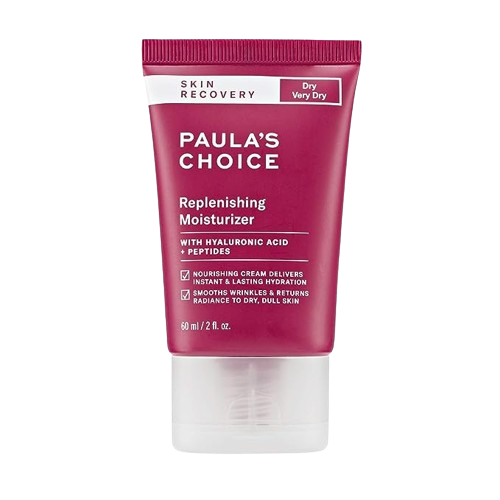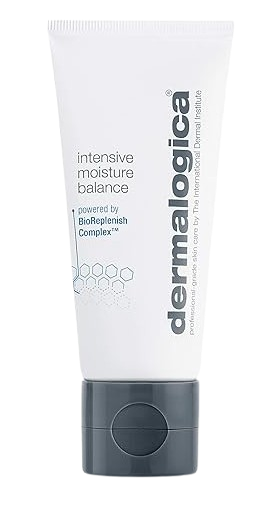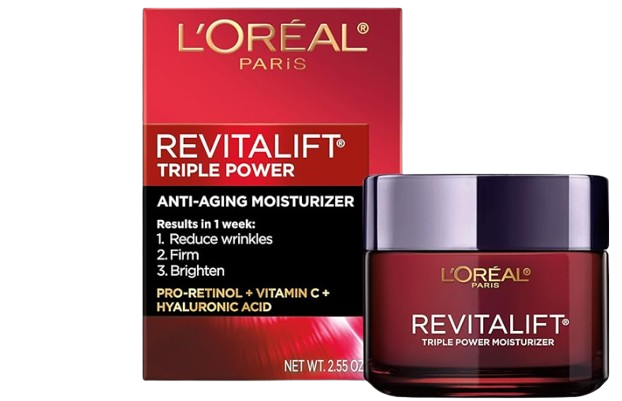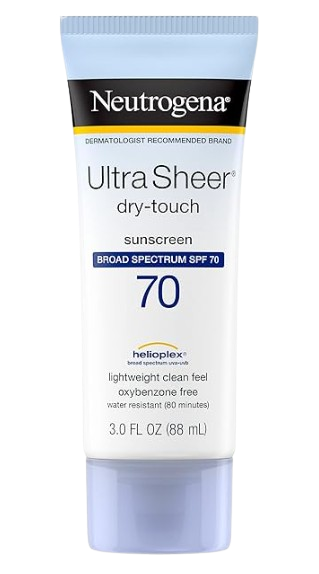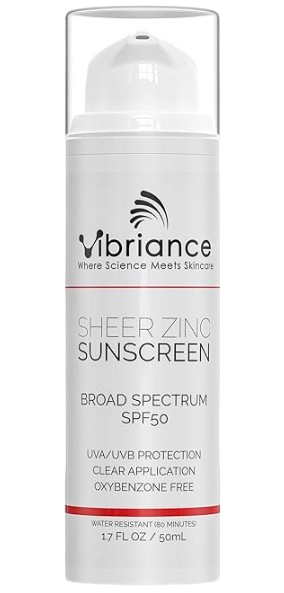Discover the art of crafting an ideal at-home routine tailored to your specific skin type.
Crafting an effective daily skincare routine is crucial for achieving a radiant complexion tailored to your skin type. Building the perfect regimen can be challenging, given the multitude of skincare products available and the abundance of tips from influencers. Dermatologists offer valuable insights to guide you through the process.
Commencing a daily skincare routine involves three fundamental steps, as advised by dermatologists:
- Cleanse: Start by washing your face. It’s the fundamental first step to get rid of impurities.
- Treat: This involves using serums that are loaded with beneficial skincare ingredients like vitamin C, retinol, and alpha hydroxy acids. The specific ingredients depend on your skin type and the results you’re aiming for. Dr. David Winston emphasizes the importance of this intermediate step between cleansing and moisturizing.
- Moisturize: Hydrate your skin. Whether it’s through lotions, creams, or other products, maintaining skin moisture is crucial.
Dr. David Winston highlights the significance of this routine in enhancing the health, appearance, and aging of your skin over time. It’s crucial to be patient; visible results may take six to 12 weeks, and a proper assessment might require three to four months.
Things To Remember…
consistency is key! Stick to your daily routine, and you’ll likely notice positive changes. Now, let’s explore dermatologist-approved daily skincare routines for both morning and night, tailored to various skin types, including recommendations from the Best Things Find.
Morning Skincare Routine Steps
1. Cleanser
When you’re getting into the whole skincare thing, kick it off by cleaning your face. It’s like the essential first step to get rid of the dirt and extra oil that can mess up your pores and make your skin lose its shine. But, you know, don’t go all out – washing too much or using a really strong cleanser can mess up your skin’s natural protection, says Dr. Alex Wong. And if your skin tends to be on the dry or sensitive side, try sticking to washing at night and just giving your face a quick water rinse in the morning.
Start your day with a gentle face-cleansing routine. Choose a cleanser suitable for your skin type:
- For oily skin, grab a foaming or gel cleanser. It’s the go-to for kicking out that extra dirt and oil. Niacinamide and salicylic acid can do wonders in managing and kicking out that excess oil.
- Now, if you’re in the acne-prone gang, your golden ticket is a gentle foaming cleanser. Look for ingredients like salicylic acid, glycolic acid, benzoyl peroxide, or sulfur – they’re your best buds in fighting off acne.
- For the dry skin crew, you’re after a lotion, cream, or balm-type cleanser. Go for the ones packing ceramides, glycerin, hyaluronic acid, and botanical oils – they’re like a burst of hydration your skin will love.
- And hey, if sensitivity is your skin’s middle name, give micellar water a spin. It’s like this super gentle cleanser with micelles that work magic in lifting away gunk without leaving your skin all dried up.
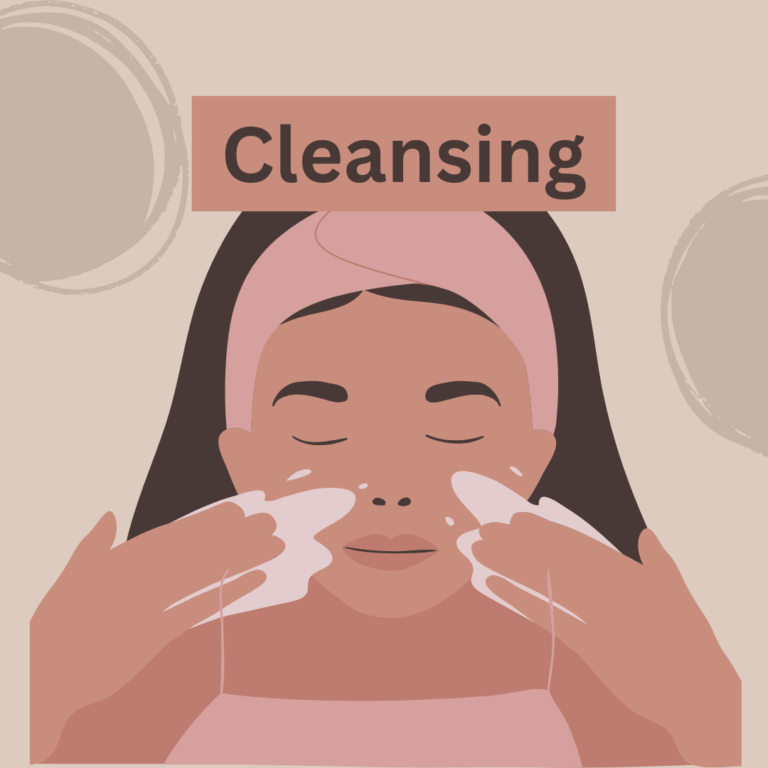
2. Toner
Toners, fluid skincare applications, are used on dry skin post-cleansing with fingers, cotton, or cloth, before applying leave-on treatments like serums and moisturizers. A quality toner aids in complete cleaning, removes residual debris, and balances pH, providing an extra dose of active ingredients.
While not essential, a toner swipe refreshes skin, eliminates leftover debris, and maintains pH balance, notes Dr. David Winston.
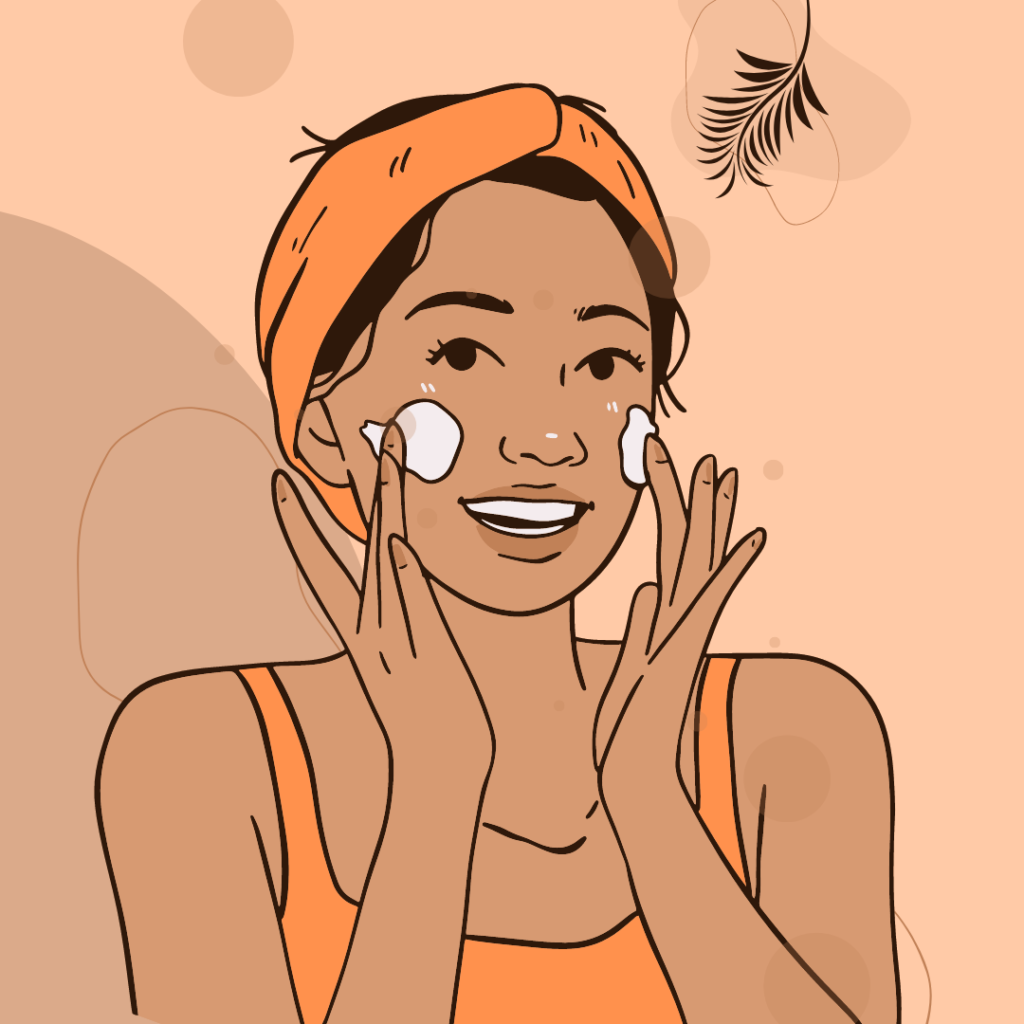
Modern toners surpass past drying, alcohol-based versions, offering advanced benefits. Consider specific ingredients based on your skin type:
- Acne-Prone Skin: Opt for toners with hydroxy acids like salicylic acid and lactic acid, promoting cell turnover.
- Dry or Sensitive Skin: Choose hydrating toners or essences without drying alcohol, featuring ingredients like glycerin and hyaluronic acid for soothing effects.
- Combination Skin: Go for toners with gentle exfoliants, hydration enhancers, and antioxidants like vitamin C, vitamin E, and green tea to combat free radicals and prevent damage.Oily Skin: Look for astringents such as alcohol or witch hazel, tightening pores for effective oil control.
3. Serum

A serum customized to target your skin concerns serves a dual purpose by treating and protecting, delivering concentrated potent ingredients to tackle various complexion issues from wrinkles to dark spots. If you have multiple concerns, using different serum formulas is an option. It’s crucial to carefully read labels, as some serums are best suited for morning use, while others are ideal for nighttime.
An antioxidant serum is a morning essential, preventing free radical formation and reducing signs of aging over time. Vitamin C, considered the gold standard antioxidant, is recommended for everyone by Dr. David Wingston. It aids in reversing skin damage caused by sun exposure and pollution.
For individuals with darker skin tones dealing with hyperpigmentation, a morning vitamin C serum can help alleviate dark spots, notes Dr. Alex Wong from Presbyterian Hospital, New York.
Besides antioxidant serums, anti-aging serums can feature the following ingredients to address wrinkles, fine lines, and more:
- Hyaluronic Acid Serums: Draw moisture into the skin, combating dryness, dullness, and plumping the skin.
- Niacinamide: A form of vitamin B3 that brightens and evens skin tone, boosts collagen production, and calms inflammation.
- Retinoids: Stimulate cell turnover, increasing collagen production and reducing wrinkles and hyperpigmentation. Retinol is best used at night.
- Peptides: Composed of amino acids, they are collagen building blocks, boosting production to smooth lines and increase skin firmness.
4. Eye Cream
Eye creams stand apart from face creams as they’re specially crafted for the delicate eye area, which ages faster than the rest of your face. This categorizes them as part of the “treat” section. If you’re troubled by concerns like fine lines, wrinkles, a lack of firmness, dark circles, or undereye bags, investing in an eye treatment product is certainly a smart move. For targeted solutions:
- Dark Circles: Opt for niacinamide or vitamin C.
- Puffiness: Choose a formula with caffeine, as advised by Dr. David Winston.
- Wrinkles and Sagging: Look for formulas enriched with peptides and retinol.
- Brightening Dark Circles: Vitamin K can be beneficial.
- Hydrating Dry Skin: Turn to hyaluronic acid.
Combining these ingredients can effectively address multiple concerns around the eye area. When applying in the morning and at night, delicately tap on a formula tailored to your eye-area concerns using your ring finger to prevent any damage to this sensitive area.

5. Moisturizer
Transitioning to face moisturizers, these are indispensable for maintaining skin suppleness, hydration, and fortifying its protective barrier. Dermatologists advocate for a lighter moisturizer for those grappling with oily or acne-prone skin, favoring quick absorption and makeup compatibility in daytime lotions or gels. Conversely, individuals with dry skin benefit from richer formulas, like creams, to combat persistent dryness.
Emphasizing year-round moisturizing for all skin types, dermatologists underscore the significance of key ingredients like ceramides and hyaluronic acid. These components act as foundational elements, ensuring effective moisture retention and promoting a vibrant, healthy complexion, as Dr. David recommends.
when you’re putting on your moisturizer, give your face a little massage. It doesn’t just feel good – it helps the moisturizer sink in better and do its job. Dermatologists also stress the importance of picking the right moisturizer based on your skin type:
- Dry Skin: Embrace a rich cream enriched with emollients, humectants, ceramides, and occlusives for potent dryness relief.
- Oily or Acne-Prone Skin: Opt for light lotions or gel-based formulas explicitly labeled “non-comedogenic” or “oil-free,” as recommended by dermatologists.
- Sensitive Skin: Exercise caution by choosing hypoallergenic formulas devoid of potential irritants, such as fragrance and alcohol. Dermatologists emphasize the importance of these choices for maintaining skin health.
And remember, skincare experts unanimously agree that making these habits a part of your daily routine is key to maintaining good skin health.
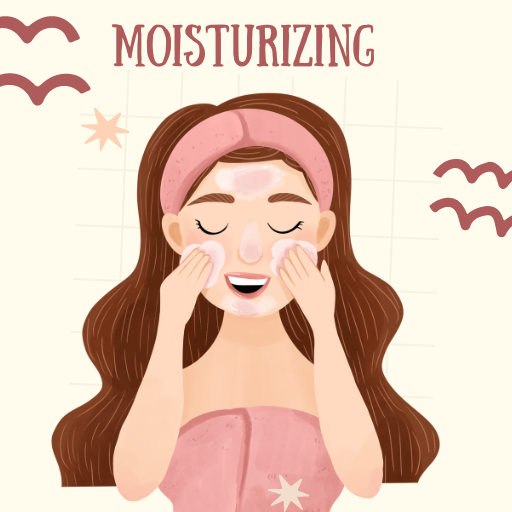
6. Sunscreen
Listen up, because dermatologists are sounding the alarm: Sunscreen is hands down the most critical step in your skincare routine, no matter what kind of skin you have or how old you are. Dr. Alex puts it clearly: “If you skip sunscreen, you might as well skip everything else. The sun is the top reason skin ages too soon.” And it’s not just about looks – it’s about health. Dr. David points out that people of all skin colors can get skin cancer, and if you’re working on evening out your skin tone without using SPF daily, it’s like taking one step forward and two steps back.

Quick Note :
Even if you’re mostly indoors, the sun’s rays can still sneak in through windows, so protecting your skin is crucial.
Now, here’s the drill: Before stepping outside, slap on a good amount of broad-spectrum SPF 30 or higher face sunscreen. Don’t forget your neck and the backs of your hands. Do this about 30 minutes before you head out.
And here’s a time-saving tip: If you want to keep it simple, go for a daily moisturizer that has SPF – that way, you’re moisturizing and protecting in one go.
Now, sunscreens come in two flavors:
- Chemical Sunscreens: These have chemical ingredients like avobenzone and homosalate, and they absorb the UV light that hits your skin.
- Physical Sunscreens (Mineral Sunscreens): These contain minerals like zinc oxide and titanium dioxide, reflecting UV light away from your skin.
Some sunscreens mix both chemical and physical ingredients.
- If you’re on the sensitive side, dermatologists usually suggest mineral and pure zinc-oxide sunscreens.
- For oily skin, go for non-comedogenic, oil-free gel formulas.
- Dry skin? Skip spray or gel sunscreens with alcohol.
- And if you’ve got a darker skin tone, you might lean towards chemical sunscreens to dodge the white cast some physical ones can leave – though more brands are coming up with mineral sunscreens that won’t make you look chalky.
Stay protected, guys!
Night Skincare Routine Steps
Dr. Alex spills the deets: Nighttime is like a superhero power-up for your skin, where it goes all-in on regenerating and fixing stuff while you’re off in dreamland – that’s what beauty sleep is all about.
But no worries, you’re not ditching the basics. You’re still riding the cleanse, treat, and moisturize wave, just with a nighttime twist. It’s like giving your skin a nightly dose of VIP treatment. Who would have thought taking care of your skin could feel so magical?
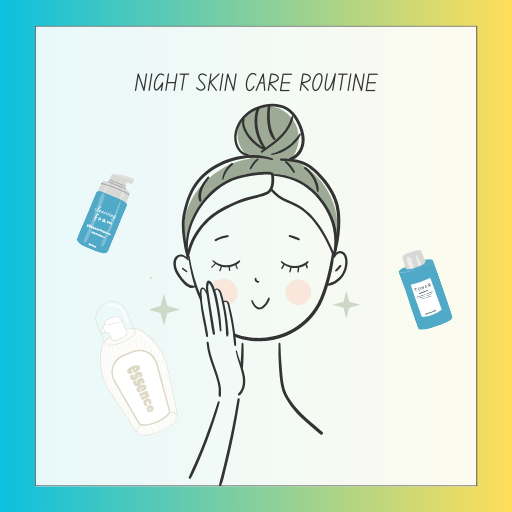
1.Cleanser
Begin your nighttime skincare routine by eliminating the day’s makeup and dirt. If necessary, use a dedicated makeup remover to ensure all cosmetics are thoroughly removed. According to Sophia Beauty Lab Senior Jenny Jin, cleansers might not be specifically formulated to dissolve makeup, especially around the eyes. Hence, follow up with the same cleanser you used in the morning. Apply it from the inside of your face outward, moving down along the hairline and perimeter to just underneath the chin. This ensures a comprehensive cleanse.
2. Toner
If you choose to include a toner in your nighttime routine, follow the same application method as you did in the morning. Since toners are liquid-based, apply them before thicker products like serums and moisturizers. This allows the toner to absorb into the skin effectively.
3. Serum or Treatment
At night, it’s perfect to incorporate products containing ingredients like alpha hydroxy acids (like glycolic acid) or retinol. These components work to shed dead skin cells and boost cell turnover as you sleep, as suggested by Dr. Alex. They contribute to smoothing skin texture, brightening the complexion, and minimizing pores. Keep in mind that some serums can be used both day and night, so follow the instructions on the packaging. For addressing hyperpigmentation, Dr. David recommends alternating between a retinoid and the spot-fading active ingredient hydroquinone.
4. Eye Cream
Apply eye cream by gently dabbing it around your eyes, or if you prefer, use a small amount of your face serum or treatment in the eye area. Dr. Alex suggests that while you don’t need to use a large amount, gradually incorporating more active products around the eyes can lead to noticeable improvements over time.
5. Acne Treatment
If you’re dealing with a blemish or a few, apply an acne treatment at this stage. Dr. Magovern recommends a proactive approach for persistent breakouts instead of addressing pimples individually as they appear. According to his advice, a consistent regimen is key to keeping pores clear across your face, preventing breakouts caused by accumulated oil. If you’re using a retinoid, give your skin some time to adjust before incorporating acne formulas like salicylic acid.
6. Night Cream
Hydrating your skin is particularly important during the night, forming a protective barrier that locks in the skin’s natural moisture and any active ingredients, countering the loss of moisture that occurs during sleep. Although you can apply the same moisturizer used during the day without SPF at night, choosing a formula specifically designed for nighttime use can offer targeted anti-aging benefits by repairing damage accumulated throughout the day. According to Dr. Rodolfo Whiteman, night creams go beyond enhancing the natural moisture barrier, incorporating active ingredients to improve the skin in various ways.
7. Face Oil
Indulging your skin with a nightly face oil ritual goes beyond mere hydration; it’s a pampering treat that can leave you waking up with a radiant glow. Contrary to common belief, even if you have acne-prone or oily skin, incorporating the right face oil can work wonders without triggering breakouts. Dr. Alex emphasizes that, when applied correctly, face oils can do more than just lock in moisture – they have the potential to revitalize and rejuvenate your skin.
Consider choosing face oils infused with botanical extracts or antioxidants tailored to your skin’s needs. This additional layer of care not only nourishes but also provides a soothing sensory experience. As you delicately press the oil into your skin, it becomes a moment of self-care, contributing not only to your skin’s health but also to your overall well-being. So, go ahead, embrace the luxurious feel of a nighttime face oil, and let your skin revel in the benefits of this indulgent skincare step.
More Questions People Ask
1.How can I determine my skin type?
Understanding your skin type is crucial for an effective skincare routine. You can identify it by observing factors like oiliness, dryness, sensitivity, and the presence of concerns like acne. If unsure. consult a dermatologist for a professional assessment.
2.Is it necessary to follow a specific order when applying skincare products?
Yes, the order of application matters. Generally, starts with cleaning, followed by treatment products like serums, and finishes with moisturizers. Sunscreen should be applied in the morning. This sequence ensures optimal absorption and effectiveness
3.How often should I exfoliate my skin?
Exfoliation frequently depends on your skin type. For most, 1-3 times a week is suitable. Avoid over-exfoliating, as it can lead to irritation. If incorporating stronger exfoliants like retinoids, follow the recommended usage guidelines.
4.Is it beneficial to use face masks regularly?
Face masks can work wonders for your skin, providing an instant revitalization. It’s recommended to include them in your at-home facial routine once or twice a week. Simply apply the mask to your clean, dry face, avoiding the eyes and mouth unless the mask is designed for those areas. Follow the instructions on the packaging for removal and proceed with other leave-on skincare products according to their directions or as needed.
5.Is it beneficial to use face masks regularly?
Face masks can work wonders for your skin, providing an instant revitalization. It’s recommended to include them in your at-home facial routine once or twice a week. Simply apply the mask to your clean, dry face, avoiding the eyes and mouth unless the mask is designed for those areas. Follow the instructions on the packaging for removal and proceed with other leave-on skincare products according to their directions or as needed.
When selecting a face mask, consider your skin type and specific needs:
1. For Oily Skin:
Opt for masks containing ingredients like clay or charcoal, renowned for their ability to absorb excess oil.
2. For Dry Skin:
Look for labels indicating “hydrating,” “moisturizing,” or “nourishing.” Seek ingredients such as hyaluronic acid, glycerin, plant oils, and butters.
3. For Sensitive Skin:
Choose masks with anti-inflammatory ingredients like aloe and oat to soothe sensitive skin.
4. For Combination or Normal Skin:
Tailor your choice based on your current skin goals or experiment with spot treatments using different masks to address specific concerns.
Additional Tips:
– Rotate between different types of masks for a more comprehensive skincare routine.
– Consider incorporating DIY masks using natural ingredients for a personalized touch.
– If using a sheet mask, ensure it fits well and stays in place for optimal effectiveness.
– Experiment with overnight masks for extended skincare benefits while you sleep.
Regular use of face masks contributes to maintaining healthy, radiant skin.
6.How do I address specific skin concerns, like dark spots or fine lines?
Targeted treatments such as vitamin C for dark spots or retinoids for fine lines can be beneficial. Consider consulting with a dermatologist for personalized recommendations based on your unique skin concerns.
7.Do I need to invest in specialized tools or skincare gadgets?
While a basic washcloth suffices for your skincare routine, exploring some at-home skin tools and gadgets can offer extra benefits. Here are a few options to consider:
1. Facial Cleansing Brushes:
Enhance your cleansing routine with handheld gadgets designed for a deeper cleanse. Users have reported clearer, smoother, and more radiant skin after just a week of using facial cleansing brushes. However, individuals with sensitive skin, eczema, or rosacea should use these brushes sparingly.
2. LED Face Masks:
These masks utilize visible light for skin improvement, reducing bacteria, decreasing inflammation, and stimulating collagen production. Different light settings target specific concerns—blue light for acne, red light for fine lines and wrinkles, and green light for hyperpigmentation.
3. Gua Sha Tools:
Similar to jade rollers, gua sha tools are smooth stones that provide a mini face-lift effect through lymphatic facial drainage. Rooted in an ancient Chinese healing technique, gua sha tools serve as massage tools, using gentle upward strokes to reduce puffiness and swelling on the face and neck.
4. Facial Steamers:
Ideal for oily or acne-prone skin with blackheads, facial steaming twice a week for up to 15 minutes can unclog pores and enhance the absorption of skincare products. However, individuals with dry skin, sensitivity, rosacea, or eczema may want to avoid facial steamers.
8.Can I use different skincare products for day and night?
Yes, a daytime routine typically focuses on protection, including sunscreen. Nighttime is ideal for products with active ingredients like retinol or glycolic acid, aiding in skin repair. Adjust your routine to cater to the specific needs of each time of day.

